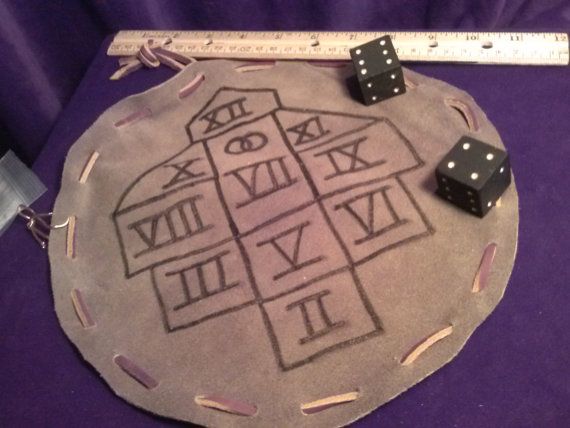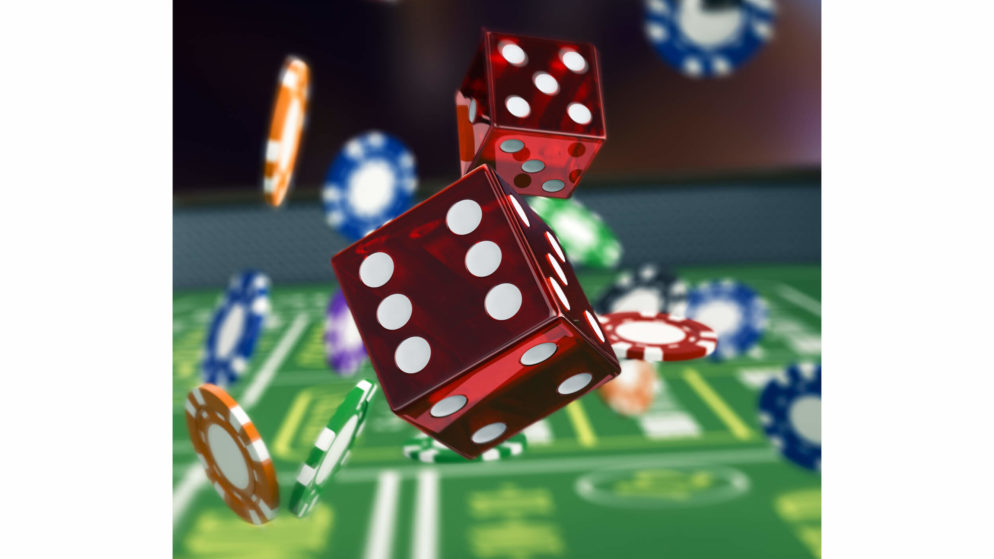Gambling In Medieval Times

In medieval times, many of the games children played mimicked what they saw at festivals or what they observed in battle training. Games helped them practice accuracy, agility, balance, and strategy. Walking on stilts would have been something they observed acrobats and other performers doing at Medieval Faires. Believed by many to have been brought back to Europe from the Middle East and India by the crusading knights, the game of chess in medieval times was played with a set of pieces carved from bone or ivory. Medieval knights are also believed to have enjoyed playing dice and gambling on the outcome. In most of medieval Europe however, the local inn or tavern was the place to go for any kind of gambling or betting activities. The innkeeper often acted as a third-party pawnbroker, and if the game called for a bank, players would put the responsibility on one of their own.

Medieval Games and Recreation
Medieval society indulged in a number of games and recreation, when the often harsh daily life permitted a break. Chess was widely popular and often a source of gambling entertainment; both in the traditional format and in a simpler version played with dice. Dice were easy to carry and were played in all ranks of society, even among the clergy.
Some games played during the Middle Ages, including bowling, prisoner's base, blind man's bluff (also called hoodman's blind), and simple 'horseplay' are still played today. Checkers were a popular pastime, as was backgammon. Children wrestled, swam, fished and played a game that was a cross between tennis and handball. Medieval knights would incorporate training in recreation, performing gymnastics and running foot races.
Spectators in the Middle Ages were often drawn to cockfights and bullbaiting. The preferred recreation for most adults was drinking in the local tavern. At harvest time, villagers would bob for apples and go on hunts in the surrounding forests, if the castle lord permitted. Hawks were trained to hunt game birds and every medieval castle had a falconer, assigned to train young birds for this sport.
Medieval Christmas games included 'King of the Bean,' where a small bean would be baked inside bread or cake, and the one who found it in their portion would be crowned king of the holiday feast.
Gambling In Medieval Times Timeline
